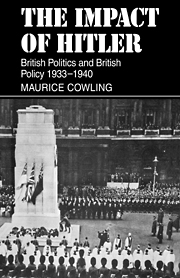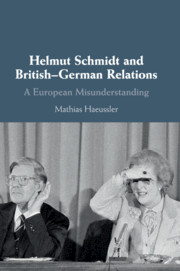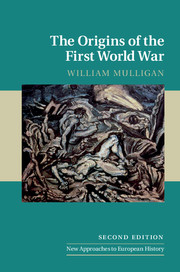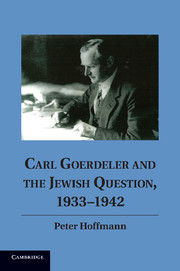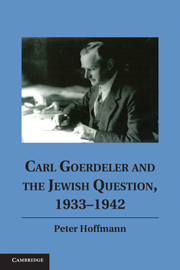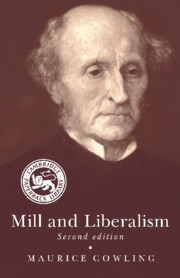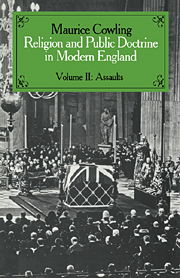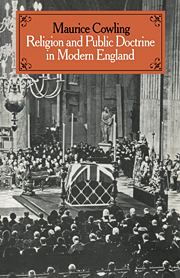The Impact of Hitler
In his book, Mr Cowling describes the relationship between British party politics and the conduct of British foreign policy between Hitler's arrival in office in 1933 and Chamberlain's resignation in May 1940. He sets British policy in the context of European, Imperial, League, national and isolational sentiments and takes account of the strategic and financial limitations within which decisions were made. He shows how far prime ministers, foreign secretaries and the cabinet responded to parliamentary criticism, and argues that, from mid–1936 onwards, foreign policy and the prospects of the party system were so intimately connected that neither can be understood in isolation from the other.
Product details
September 2005Paperback
9780521019293
576 pages
216 × 140 × 33 mm
0.758kg
Available
Table of Contents
- Preface
- Introduction
- Prologue: the unfolding of the problem
- 1. The recovery of the Labour party
- 2. The rejection of Lloyd George
- 3. The function of the League of Nations
- Part I. The New Departure:
- 4. The failure of the League of Nations
- 5. Chamberlain and Eden
- 6. Chamberlain and Hitler
- Part II. The Opposition:
- 7. The Labour party
- 8. Eden, Churchill and their allies
- Part III. The Effect:
- 9. Halifax
- 10. Chamberlain, Churchill and Hitler
- 11. The declaration of war
- Part IV. The Politics of Easy Victory:
- 12. Chamberlain and the war
- 13. The fall of Chamberlain
- Conclusion
- Appendix
- Bibliography
- Notes
- Index.

